AppSynergy ERP
AppSynergy Platform
Resources
AppSynergy's Adaptive ERP is dramatically more flexible and lower cost than other ERP systems due to the investment we've made in our platform. Rather than build an ERP system with the platform as an afterthought, we started with perfecting the foundation upon which we built our ERP system. And the difference is extraordinary.
Customizations are fast and easy by design – more than 10x faster than other ERP systems. And since time is money, that translates into far lower costs for our customers.
Below we've included an overview of some of our developer oriented features that underpin the platform. If you are an enterprise software developer or database administrator for your company, please ask for a demo so you can see it in action!
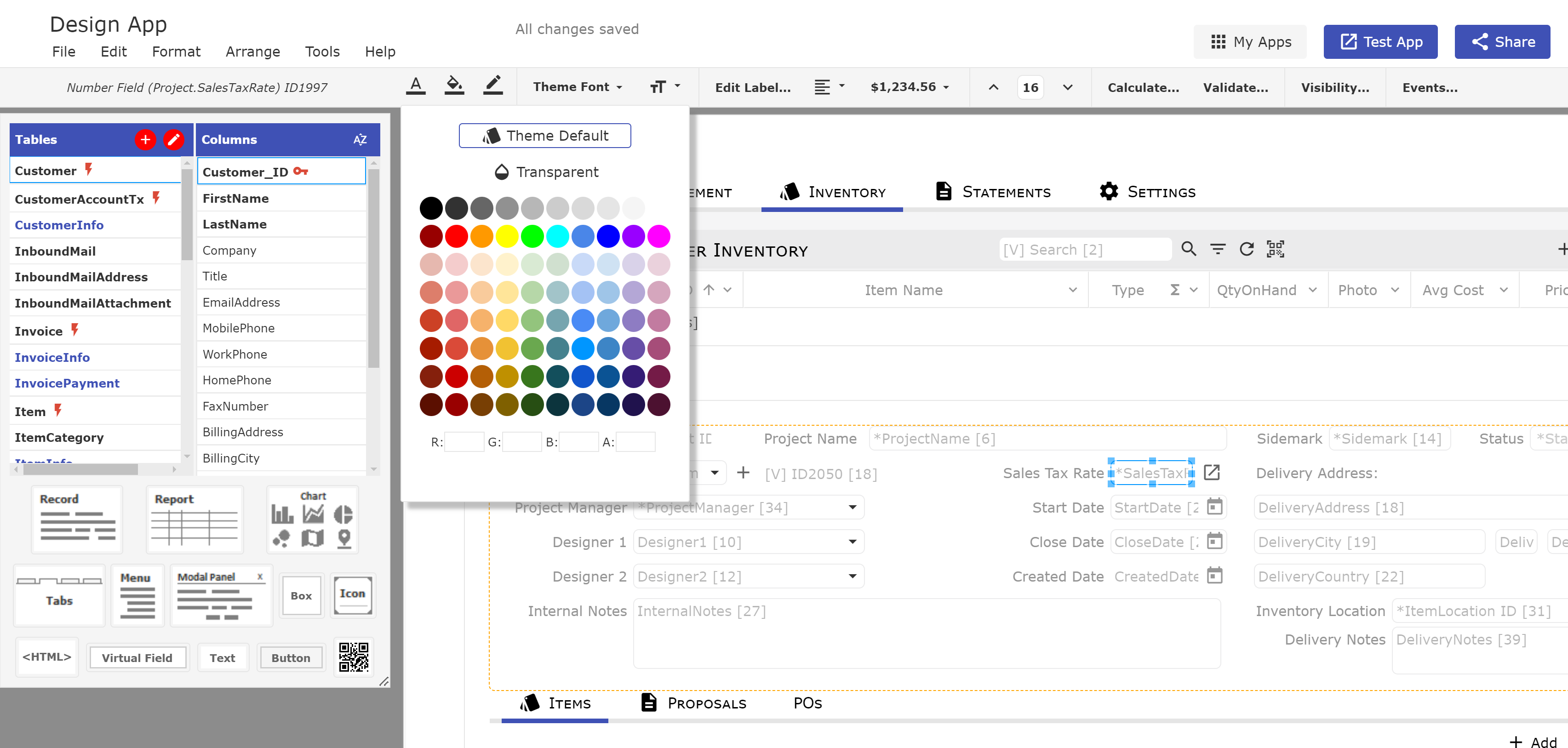
Fully Customizable – Without the Custom Price Tag
AppSynergy provides a variety of ways to visualize your data and build rich interactive dashboards.
All charts support data linking and live interaction. So, for example, clicking on a chart element can bring up related information from the database.
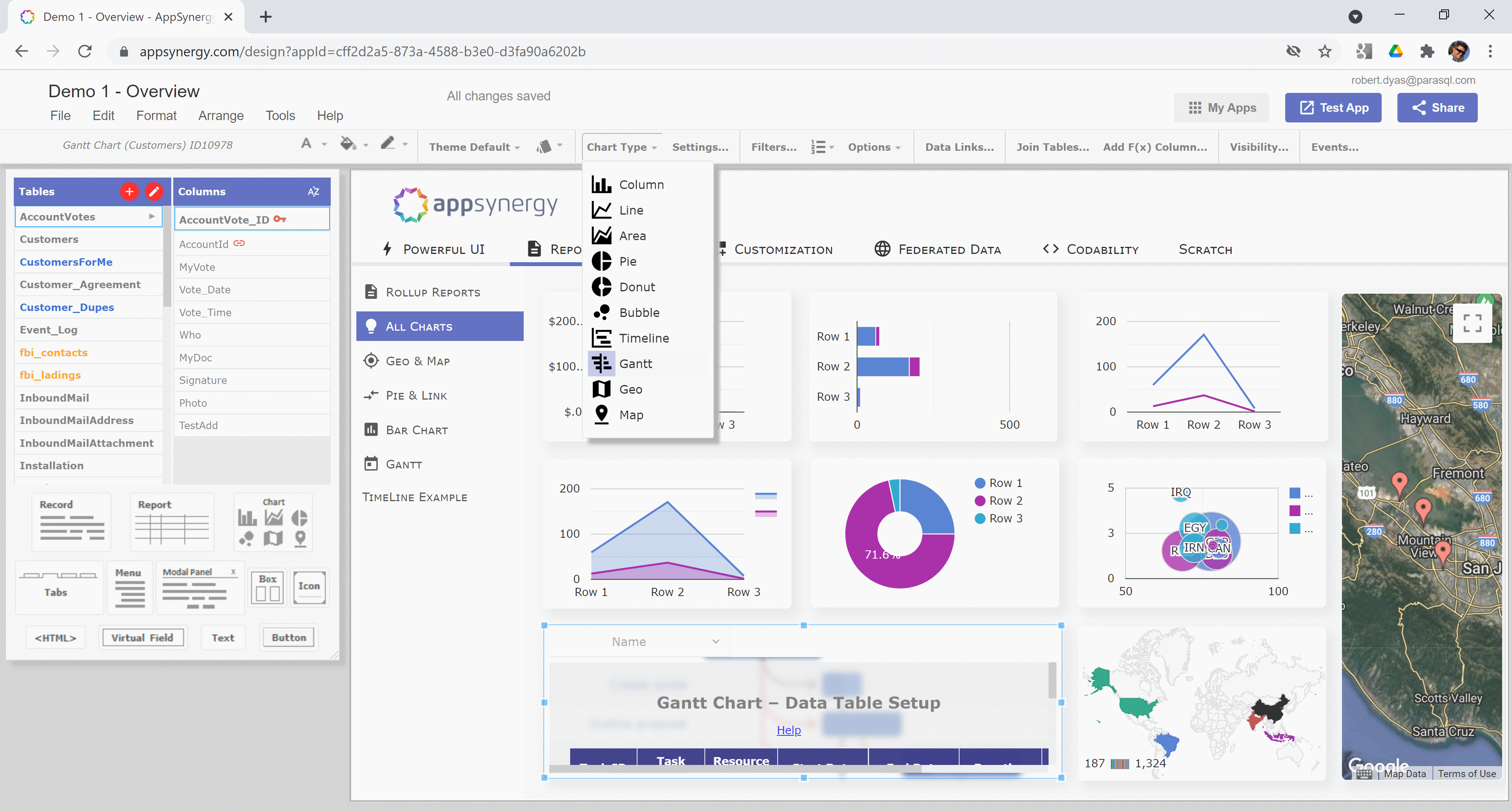
Quickly build highly visual, data-rich applications. (expand image)
Create mobile-optimized web applications that your users can install on their mobile device for a fullscreen, browserless experience. With all the features and power of the full version.

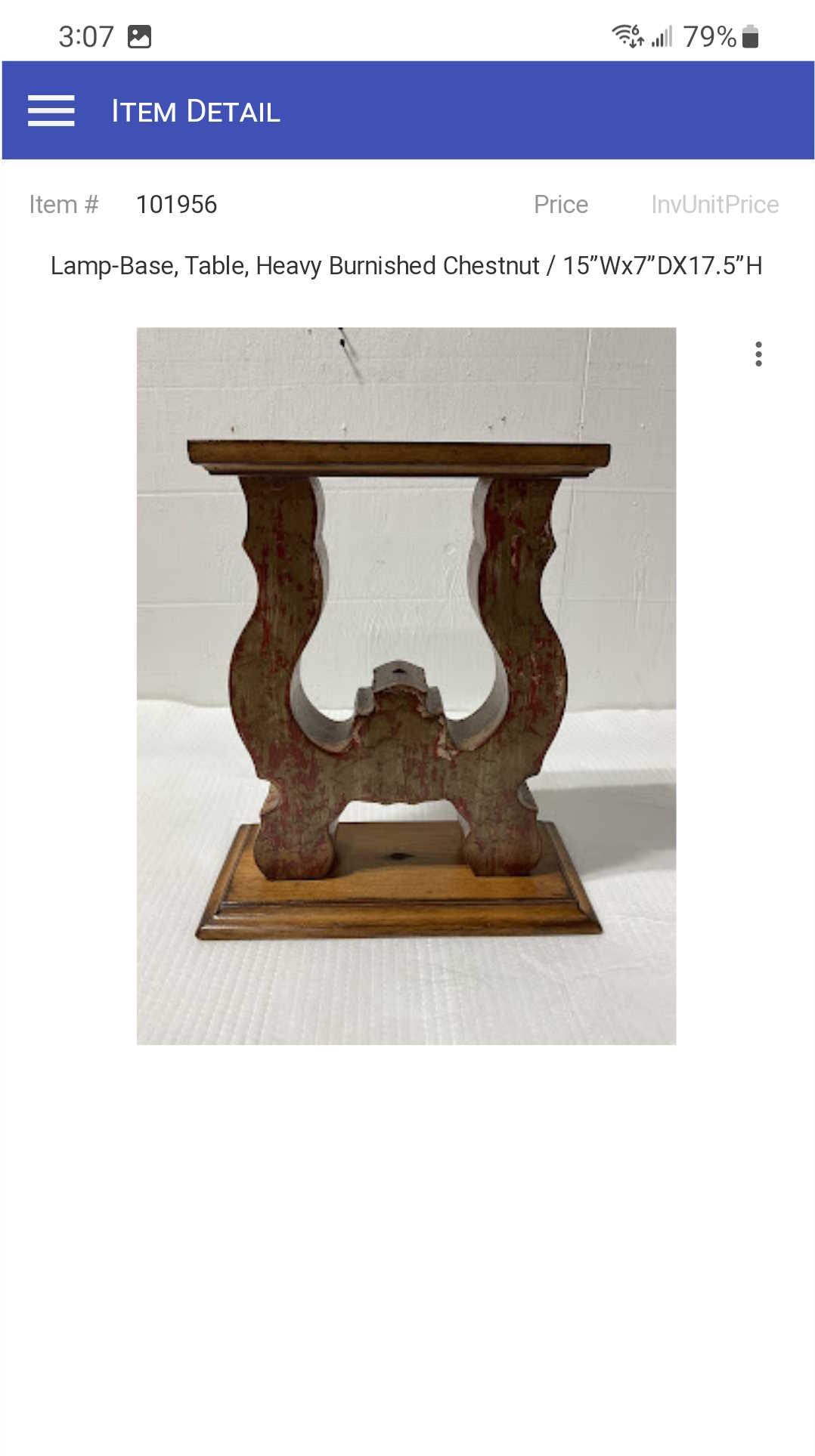
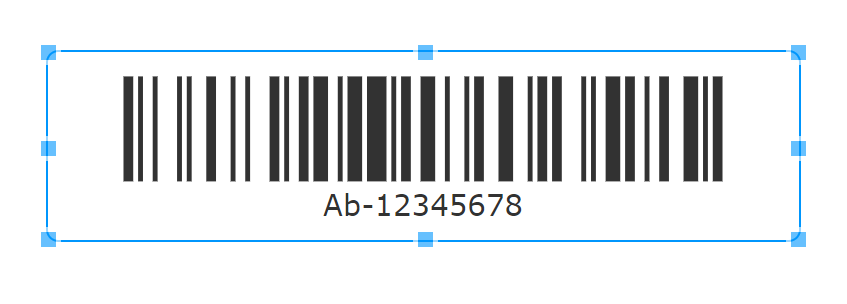
Barcode Scanning & Generation
Experience seamless signature collection with our integrated signature fields, designed to simplify and streamline the process of capturing signatures with ease and precision.
Many workflows that previously would have required printed hard copies and wet signatures can now be handled without paper uisng a signature captured with a tablet or smart phone. No need to print. No need to scan or file signed copies.
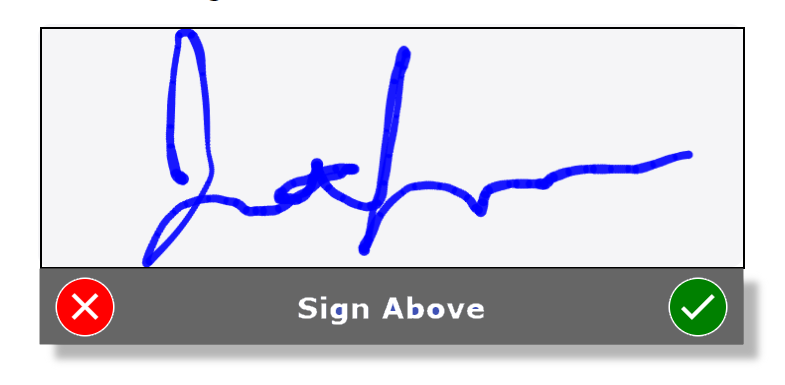
Capture signatures directly from within your applications.
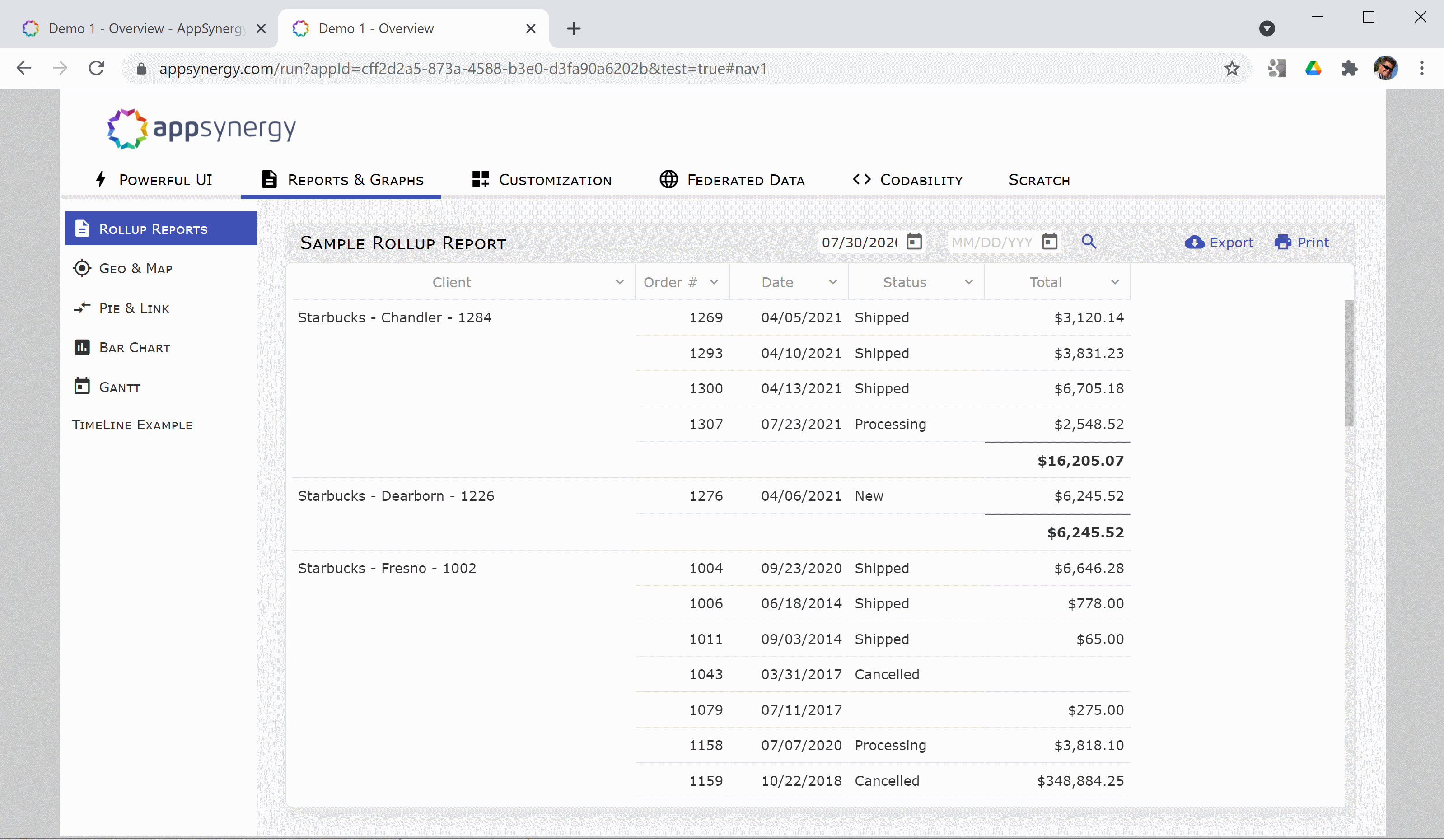
Powerful cloud-based Reporting – no need for a separate solution.
AppSynergy has integrated reporting with powerful features like:
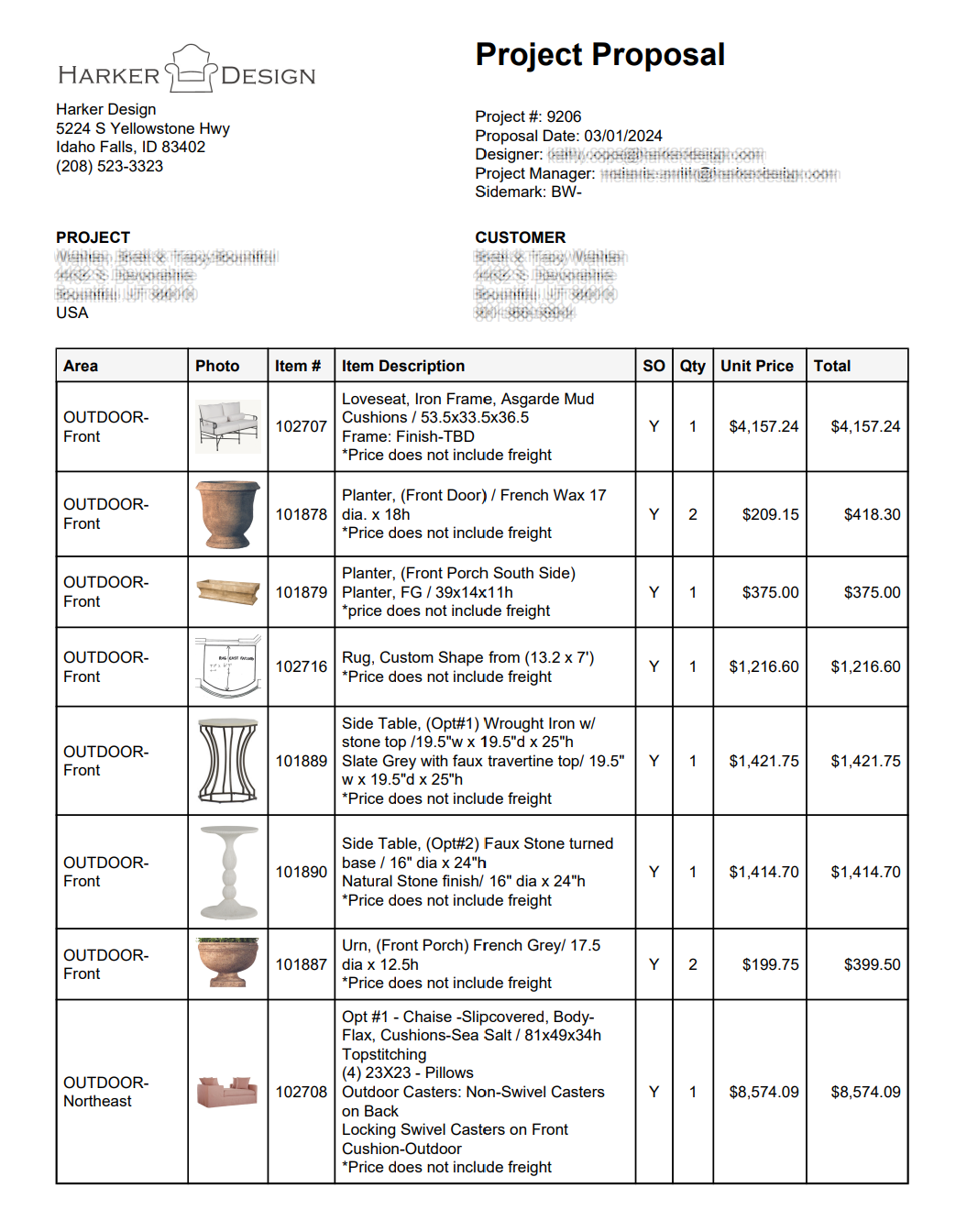
Transform your database data into polished PDF documents. Whether you're crafting a compelling quote, drafting a detailed proposal, or issuing an accurate invoice, our solution seamlessly converts your data into sleek, professional PDFs.
These PDFs are securely stored in your database, linked to their relevant records, and support an unlimited volume of documents.
You can easily write triggers with just a few lines of code that send email notifications when certain events occur, such as an order status changing to Shipped. See docs here.
Not only can you streamline outbound communications, but you can also send email directly to your database to be stored and linked with other relevant records. See docs here.
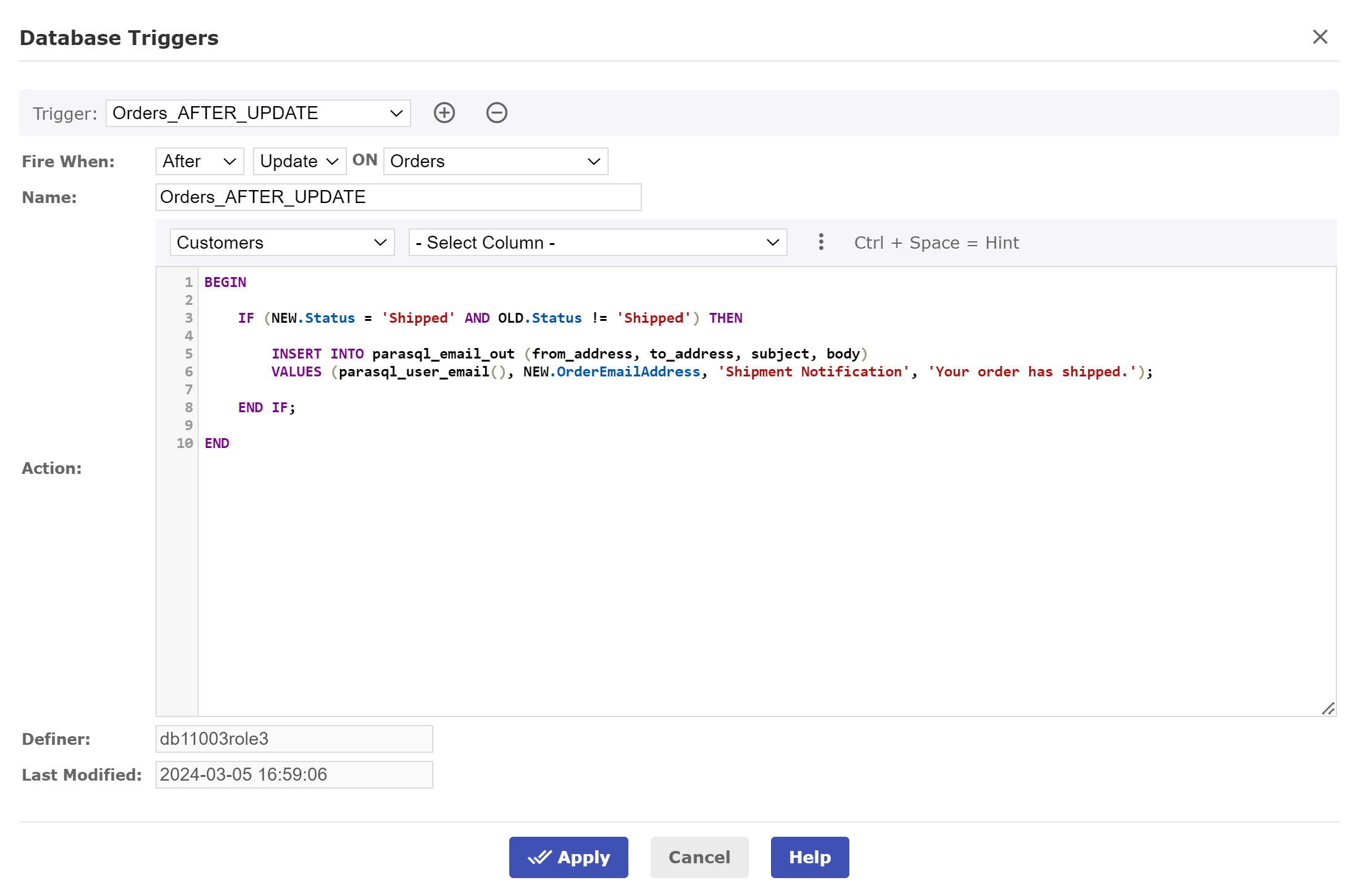
Send and Receive Email Notifications (expand image)
If you enable a table's Audit Trail the system will automatically keep track of all changes made to the table over time. This allows you to run queries that can ask how the database looked at a particular point in the past.
System Versioning
Store the history of all changes to your database.
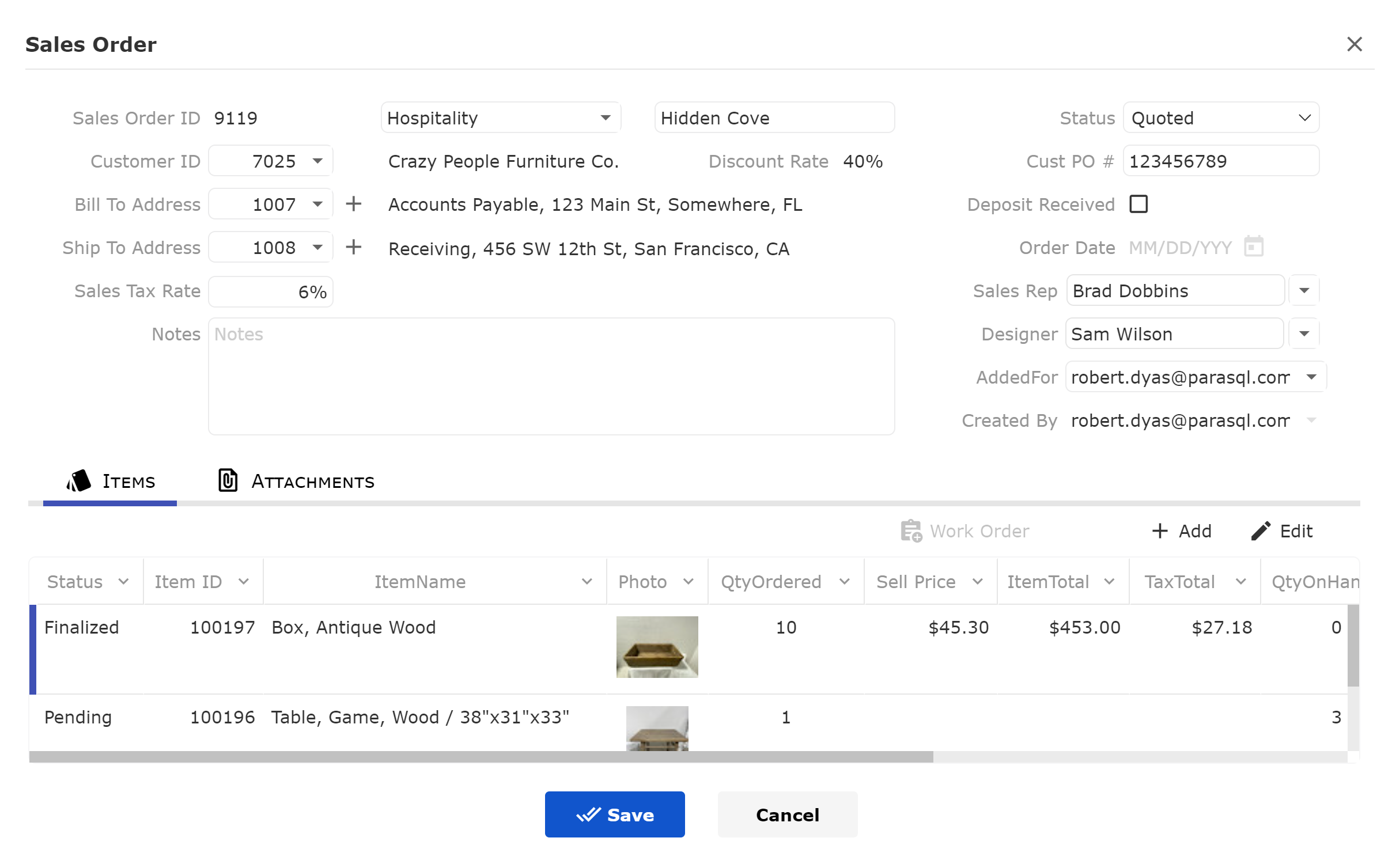
This screen uses nearly a dozen tables yet has zero lines of code.
Discover the ultimate solution for advanced relational data handling with AppSynergy. Creating screens that rely on multiple tables with intricate relationships is incredibly easy and flexible.
Experience the freedom to design records that can seamlessly include scrolling lists, detailed reports, and more, regardless of their depth or complexity. Whether you need free-form tabular layouts, form-like structures, or multi-line entries, AppSynergy provides complete layout freedom. Enjoy calculated fields at any level, with parent records automatically summing child values. Updates to child values instantly propagate through peer, parent, and child formulas, ensuring your data is always accurate and up-to-date.
All this power comes without the need to write a single line of code.
When your projects demand more than drag-and-drop solutions, AppSynergy empowers you with the ability to trigger custom UI events and execute your own JavaScript code. Our comprehensive API grants your scripts full access to every object within your application, offering a level of versatility akin to fully custom-coded development. With a fraction of the effort.
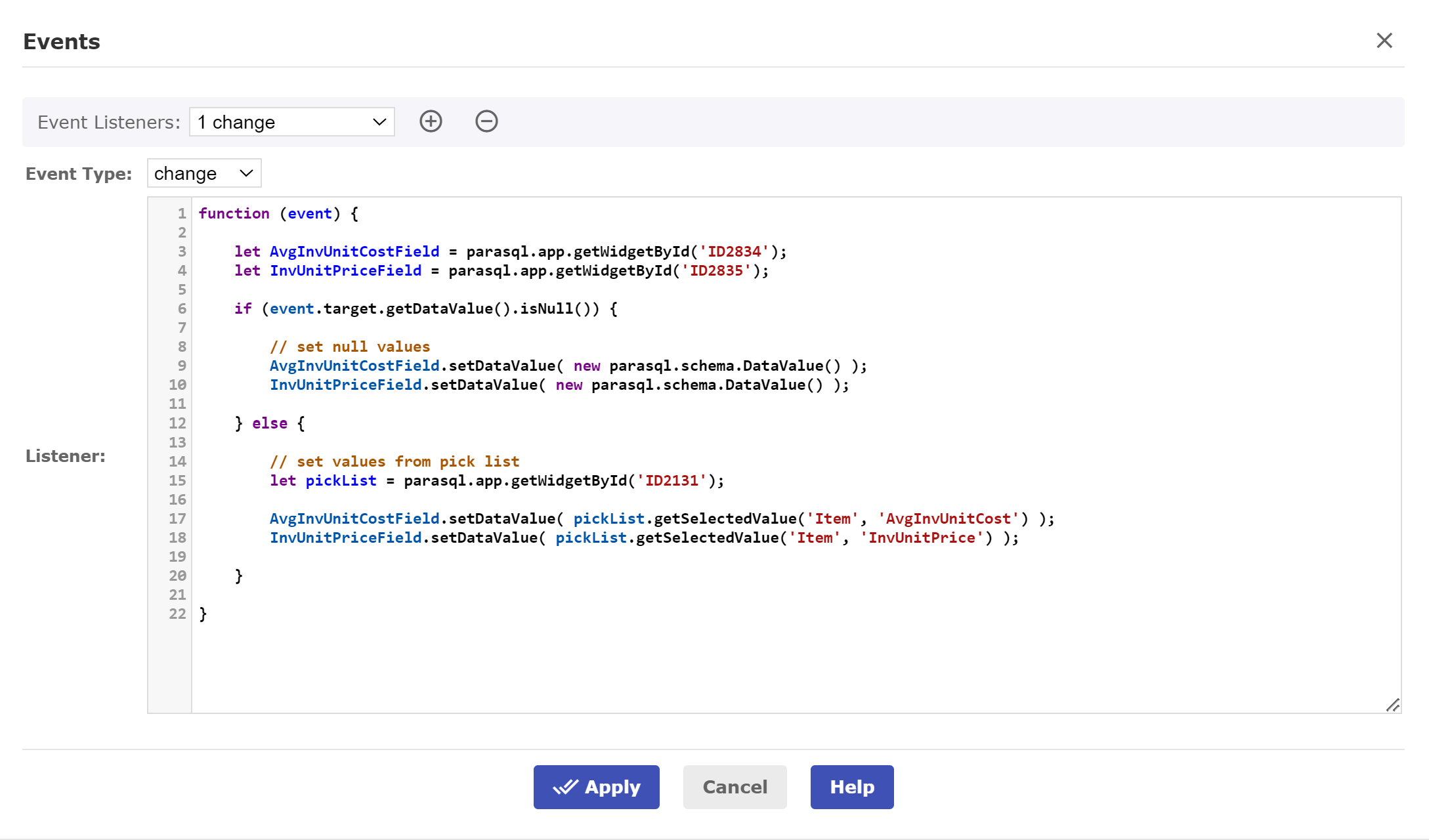
Flexibility
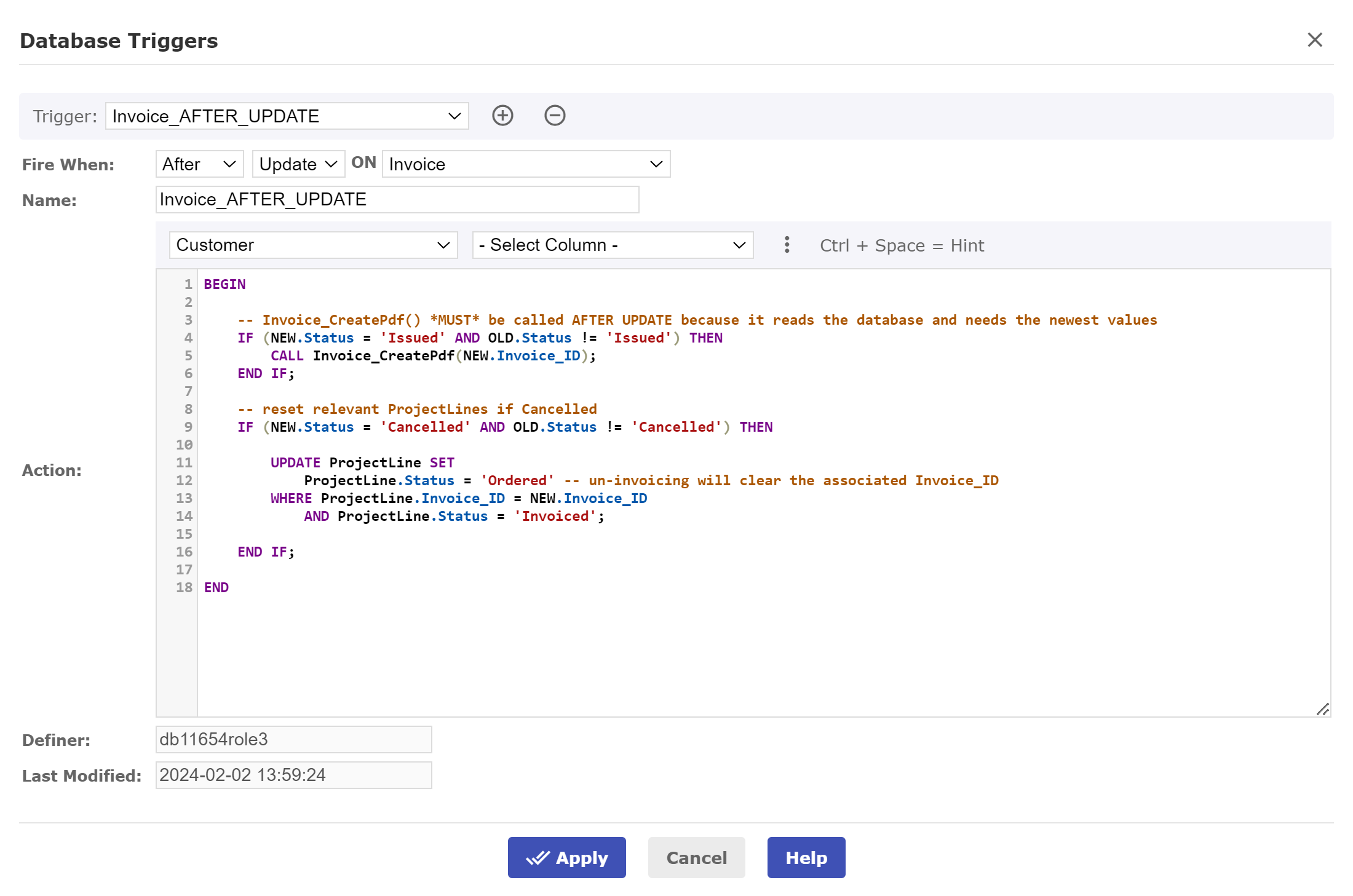
Effortlessly perform tasks such as updating inventory levels, sending email notifications, or dynamically generating PDF documents with enhanced database triggers and stored procedures.
Our triggers and stored procedures go beyond traditional capabilities, supporting RESTful API calls and JSON. This means they can interact with virtually any external system or service, providing you with unparalleled flexibility and power. It transforms PL/SQL from a database-bound language into a more general purpose programming language, while still maintaining the benefits of a database-first language, like being able to natively take action when data changes.

Enterprise Edition customers can now seamlessly integrate with trading partners using advanced EDI tools.
Send and receive X12 documents, binary files, and more via SFTP or AS2. Our fully managed servers adhere to the EDIINT AS2 standard, offering flexible configurations and support for various signing and encryption algorithms. Enjoy features like compression, HTTP/HTTPS transmission, and message disposition notifications (MDNs) for confirmed receipts. Streamline the secure exchange of business documents such as purchase orders, invoices, and shipment notifications, all while reducing costs compared to traditional EDI methods.
Link External Data
Click here to learn how.